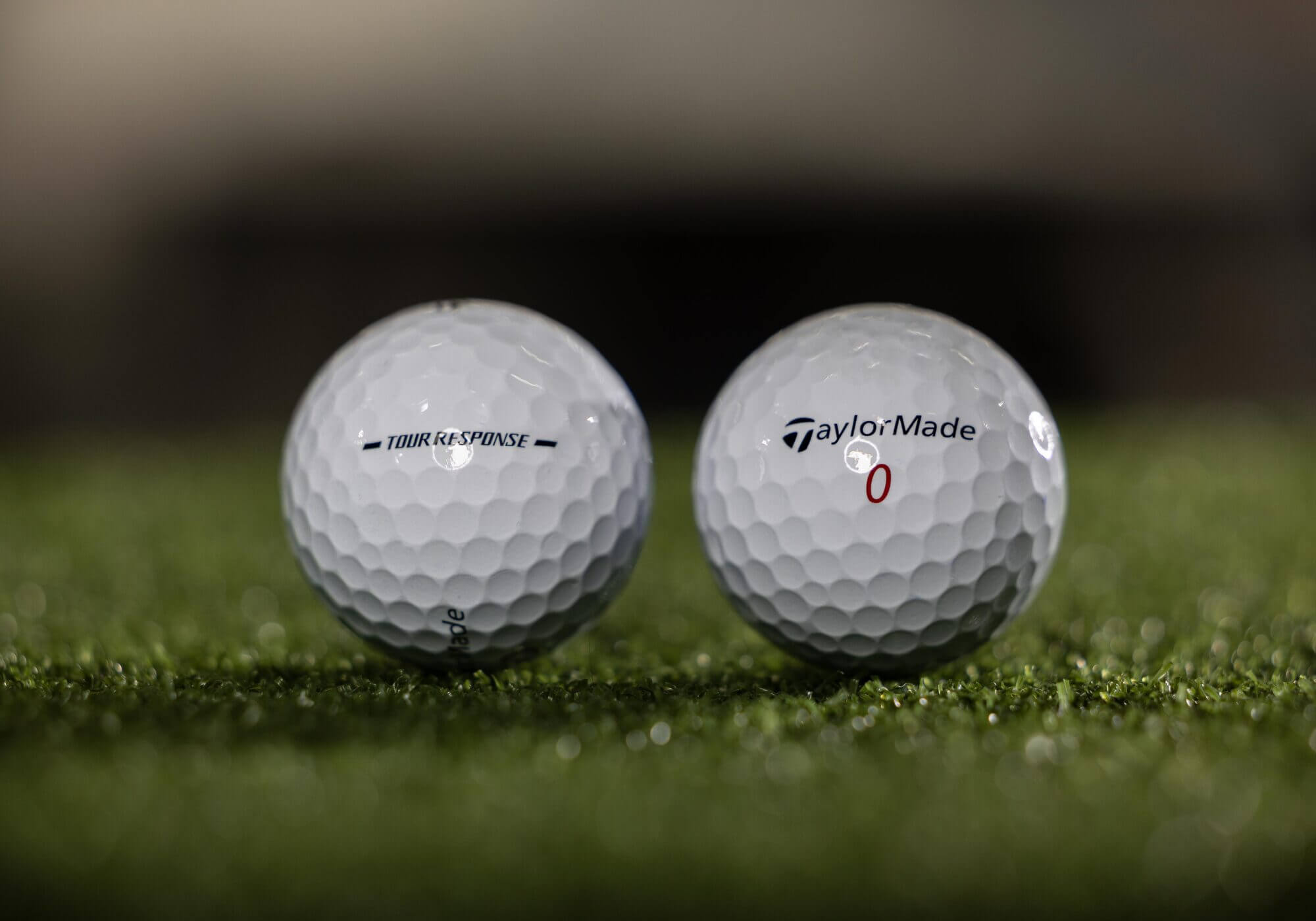Golfing News & Blog Articles
The Lowest-Spinning Golf Balls For Every Swing Speed (2025 Test Data)
The 2025 MyGolfSpy Golf Ball Test presented by UNRL showed that while driver spin differences can be subtle, low-spin models become much more meaningful once you look at irons and even more so with wedges. For golfers trying to reduce curvature, flight the ball down or stop losing distance to excess spin, understanding which models spin the least is just as important as knowing which ones spin the most.
Below, you’ll find the lowest-spinning golf balls at high, mid and low swing speeds for both driver and mid-irons based entirely on the 2025 robot data.
What does low spin do (and who needs it)?
In MyGolfSpy’s 2025 Golf Ball Test, low-spin golf balls consistently produced:
Straighter tee shots: Lower spin reduces curvature, a big help for golfers fighting a slice or hook. A flatter, more penetrating flight: Less lift means a stronger trajectory and more rollout. Less stopping power into greens: Low spin is great for drivers but a tradeoff for mid- and short-iron control. The largest spin drops in irons and wedges: Even when driver spin differences were subtle, iron spin varied significantly from ball to ball. On 35-yard wedge shots, the difference between the highest- and lowest-spinning balls reached nearly 4,000 rpm.High swing speed (115 mph driver/90 mph iron)
At the highest swing speed, the lowest-spinning golf balls were almost entirely soft-compression ionomer models, a sharp contrast from the firmer “tour” constructions that typically lead high-spin categories.
Driver: Lowest spin (High speed)
| Golf Ball | Spin (rpm) |
|---|---|
| Callaway Supersoft | 2,113 |
| Srixon SOFT FEEL | 2,303 |
| TaylorMade SpeedSoft | 2,343 |
Iron: Lowest spin (High speed)
| Golf Ball | Spin (rpm) |
|---|---|
| Bridgestone TOUR B RXS | 5,365 |
| Callaway Supersoft | 5,855 |
| Vice Pro Air | 5,949 |
Mid swing speed (100 mph driver/80 mph iron)
At mid swing speed, soft ionomer models again led the way in reducing driver spin. For iron spin, ERC Soft and Supersoft were the clear standouts while Tour Response was the lowest-spin urethane option.
Driver: Lowest spin (Mid speed)
| Golf Ball | Spin (rpm) |
|---|---|
| Callaway Supersoft | 1,972 |
| Srixon SOFT FEEL | 2,147 |
| TaylorMade Tour Response | 2,157 |
Iron: Lowest spin (Mid speed)
| Golf Ball | Spin (rpm) |
|---|---|
| Callaway ERC Soft | 5,428 |
| Callaway Supersoft | 5,430 |
| TaylorMade Tour Response | 5,555 |

Low swing speed (85 mph driver/65 mph iron)
For slower swing speeds, the same trio of balls once again appeared at the top. Supersoft delivered the lowest driver spin of any test speed while Tour Response and Pro Air showed the lowest iron spin rates in this group.
Driver: Lowest spin (Low speed)
| Category | Golf Ball | Spin (rpm) |
|---|---|---|
| Driver | Callaway Supersoft | 2,589 |
| Driver | TaylorMade Tour Response | 2,740 |
| Driver | Srixon SOFT FEEL | 2,761 |
Iron: Lowest Spin (Low speed)
| Category | Golf Ball | Spin (rpm) |
|---|---|---|
| Iron | TaylorMade Tour Response | 4,264 |
| Iron | Callaway ERC Soft | 4,292 |
| Iron | Vice Pro Air | 4,323 |
Final thoughts
The 2025 data reinforced a simple truth: spin can be your friend or your enemy, depending on your swing. Golfers who balloon the ball, add too much curvature or lose distance to excess spin may benefit from a low-spin profile, especially off the tee.
But low spin comes with tradeoffs. These balls won’t generate the same height, stopping power or greenside control as higher-spin urethane tour models. But for some players, that’s a worthwhile exchange.
The post The Lowest-Spinning Golf Balls For Every Swing Speed (2025 Test Data) appeared first on MyGolfSpy.


